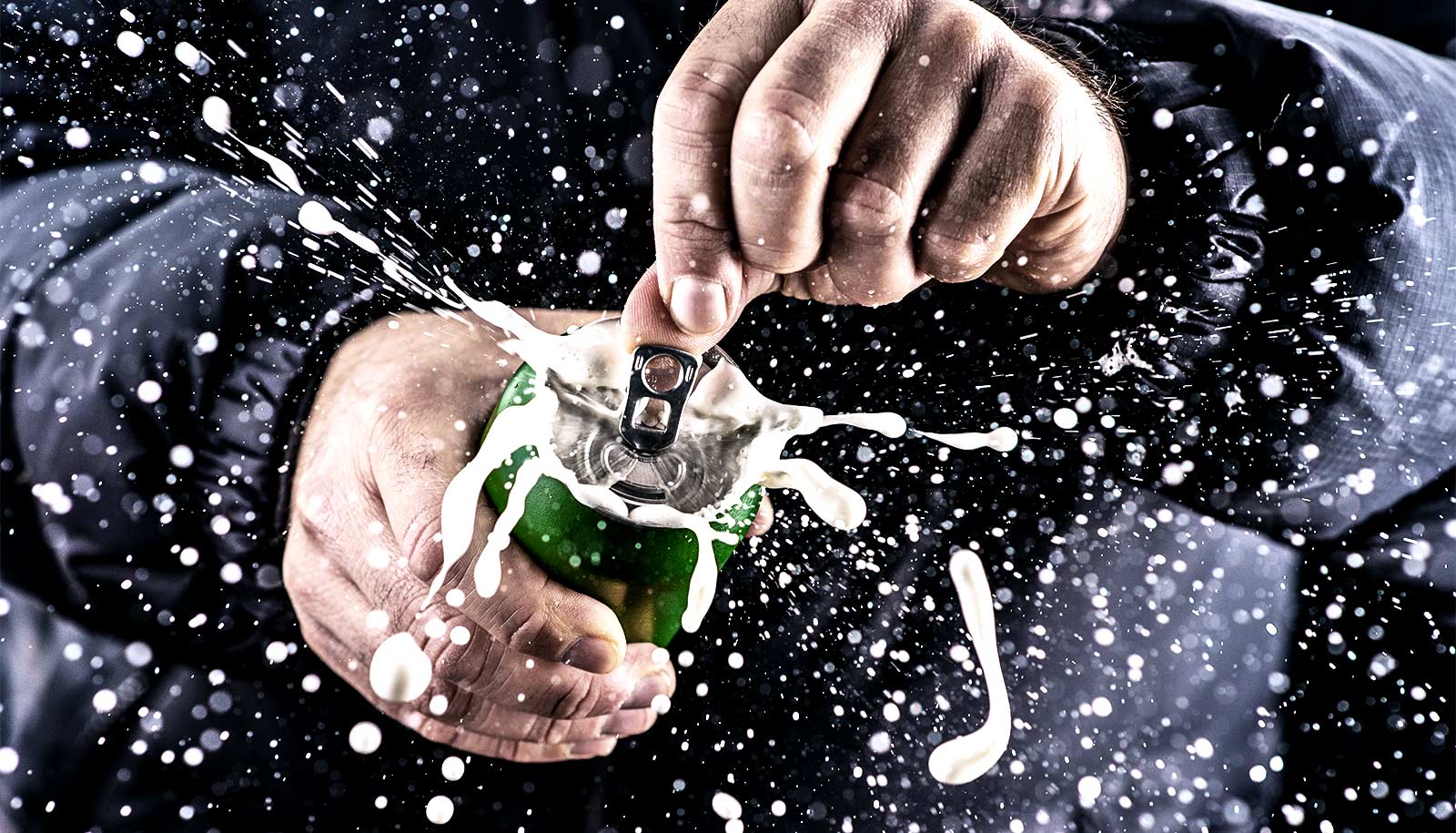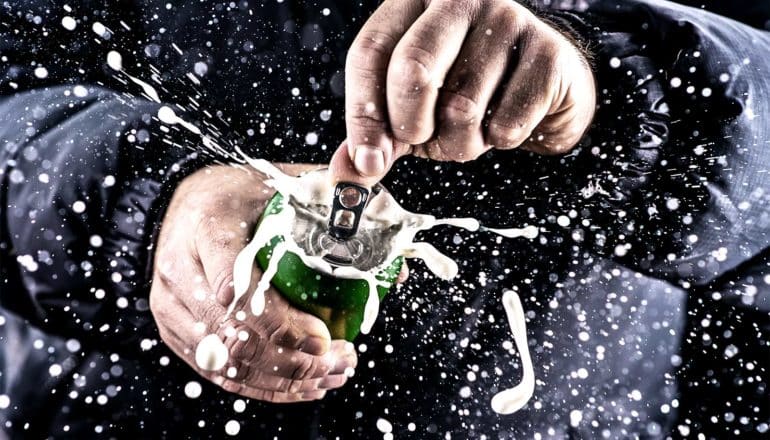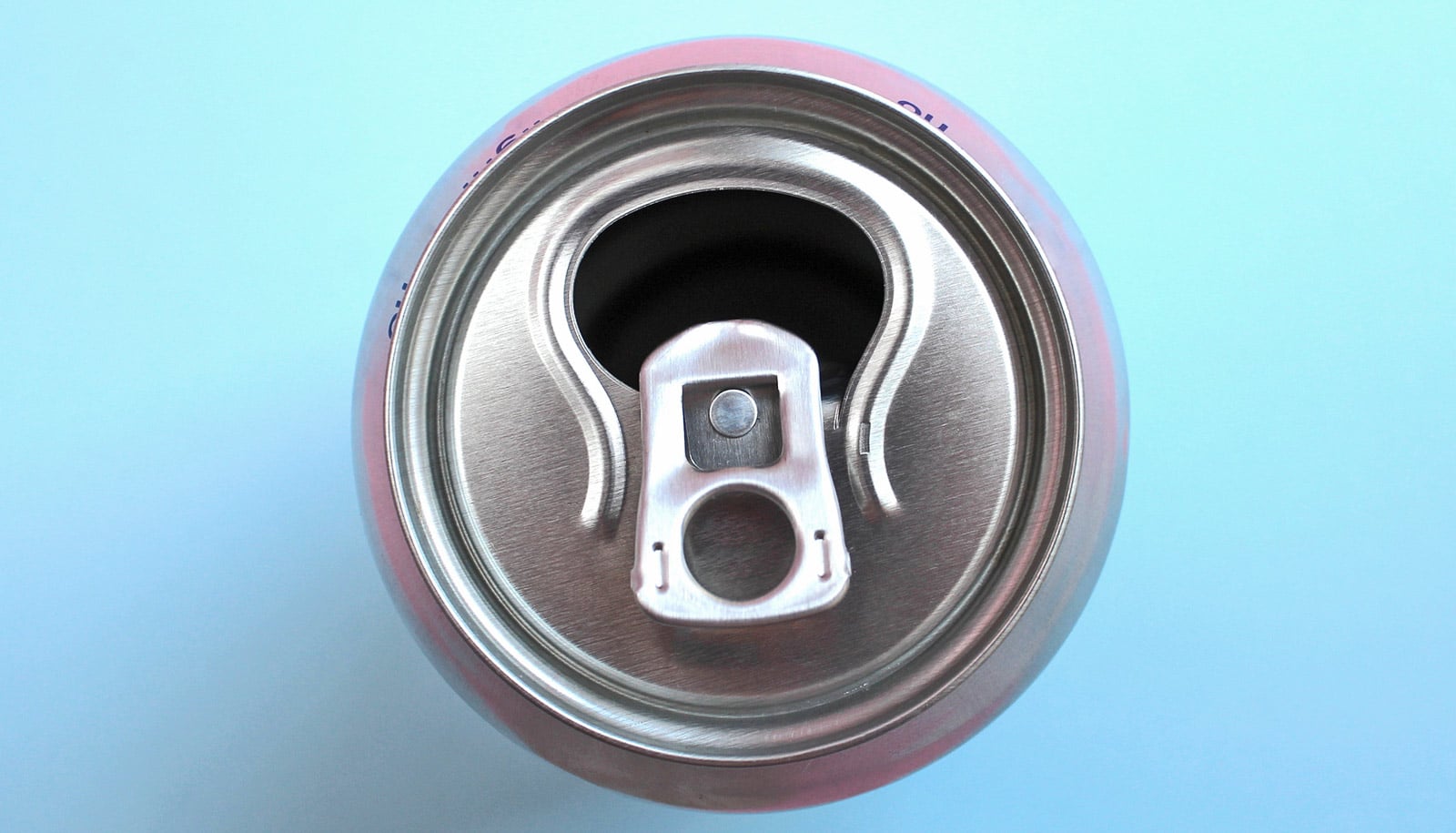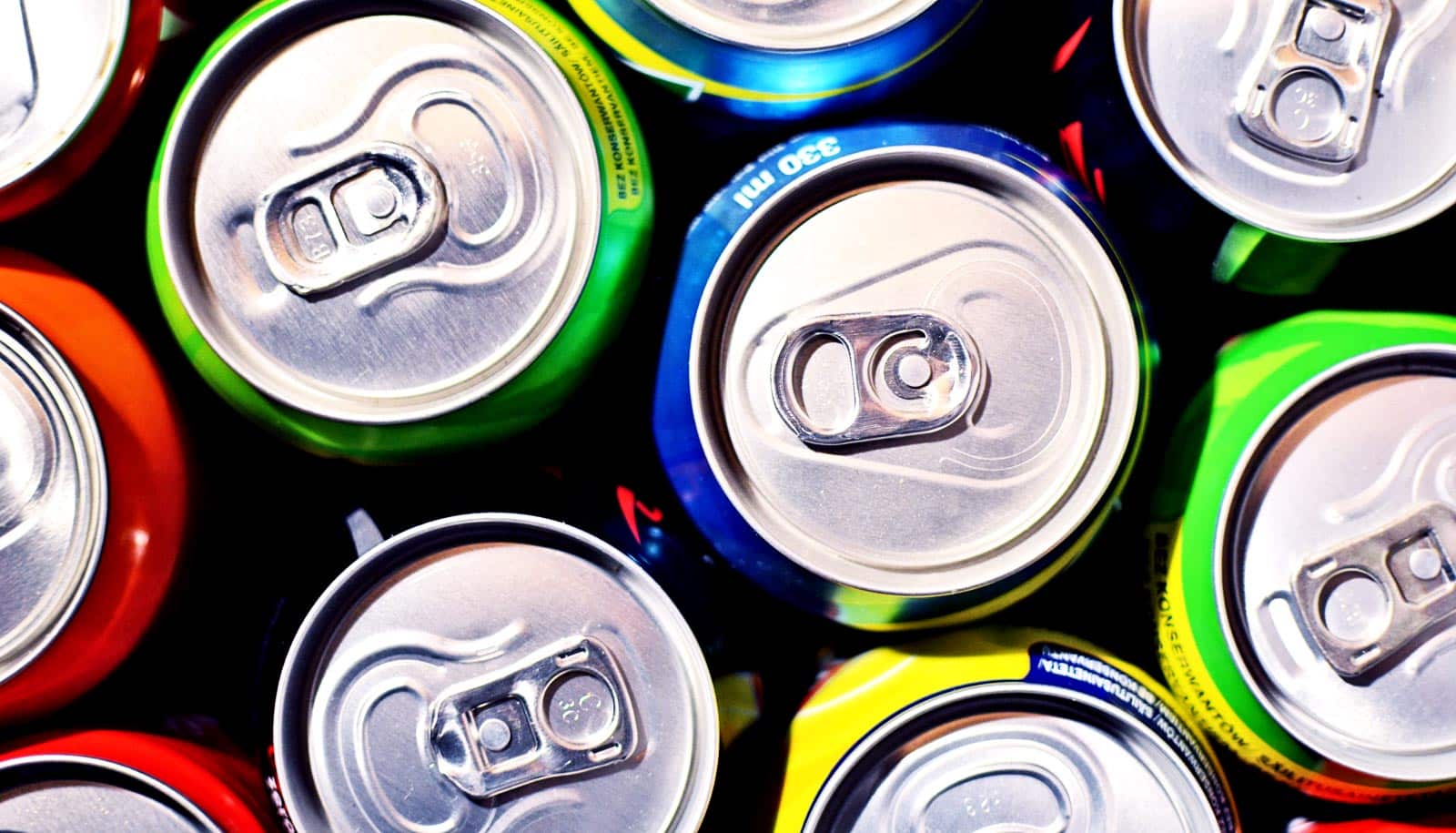
(Credit: Getty Images )
Philadelphia soda tax falls flat
After Philadelphia imposed a soda tax, sales dropped 46%. But there's a catch: sales immediately outside the city saw a dramatic increase.

If Philadelphia’s soda tax is any indication, local soda taxes don’t work as well as policymakers intend, a new study suggests.
Several US cities have enacted soda taxes to raise revenue and fight obesity. Berkeley, California, was the first, but Philadelphia was the first big city to adopt one in January 2017. The city uses the tax revenue to fund schools and improve parks, recreation centers, and libraries.
Philadelphia’s 1.5-cents-an-ounce tax led to a 34% price increase for soda. Soda sales in the city saw a sharp 46% drop, according to the working paper.
“The health impact is mediocre at best.”
But here’s the catch: Soda sales at stores just outside the city saw a dramatic increase, suggesting people simply left the city to buy soda elsewhere.
“The cross-shopping outside the city offset more than half of the reduction” of soda sales in the city, says Song Yao, associate professor of marketing at the Olin Business School at Washington University in St. Louis. So the net reduction in sugary drinks consumption is only 22%, he points out.
Further, the reduction in calories and sugar people consumed because of the tax is even smaller; 16% and 15%, respectively. “The health impact is mediocre at best,” Yao says.
The tax also imposes a disproportionate burden on low-income people, he says.
“Access to transportation is more difficult for low-income households, so they engage in less cross-shopping and end up paying more inside the city.”
The findings in Philadelphia provide policy lessons on how to design soda taxes or other types of “sin” taxes, according to the paper.
“If taxes are localized (as is the case for all current soda taxes), high tax rates will be sub-optimal for generating revenue because they lead to cross-shopping, which reduces the tax base,” the authors write.
“A larger geographic coverage will make cross-shopping more difficult and therefore generate greater tax revenue.”
Additional coauthors are from Northwestern University and the University of California, Los Angeles.
Source: Washington University in St. Louis
The post Philadelphia soda tax falls flat appeared first on Futurity.
Share this article:
This article uses material from the Futurity article, and is licenced under a CC BY-SA 4.0 International License. Images, videos and audio are available under their respective licenses.
Related Articles:
Sugary drink purchases fizzled after tax
Jan. 10, 2024 • futurityNationwide soda tax would mean $7B in net benefits
May 20, 2019 • futurityLinks/images:
- https://www.futurity.org/nationwide-soda-tax-2066542-2/
- https://papers.ssrn.com/sol3/papers.cfm?abstract_id=3302335
- https://www.futurity.org/sugary-drinks-heart-disease-906172/
- https://www.futurity.org/social-equity-city-transportation-833992/
- https://source.wustl.edu/2019/12/philadelphia-soda-tax-lacks-fizz-study-finds/
- https://www.futurity.org/soda-tax-revenue-obesity-2232392-2/
- https://www.futurity.org


